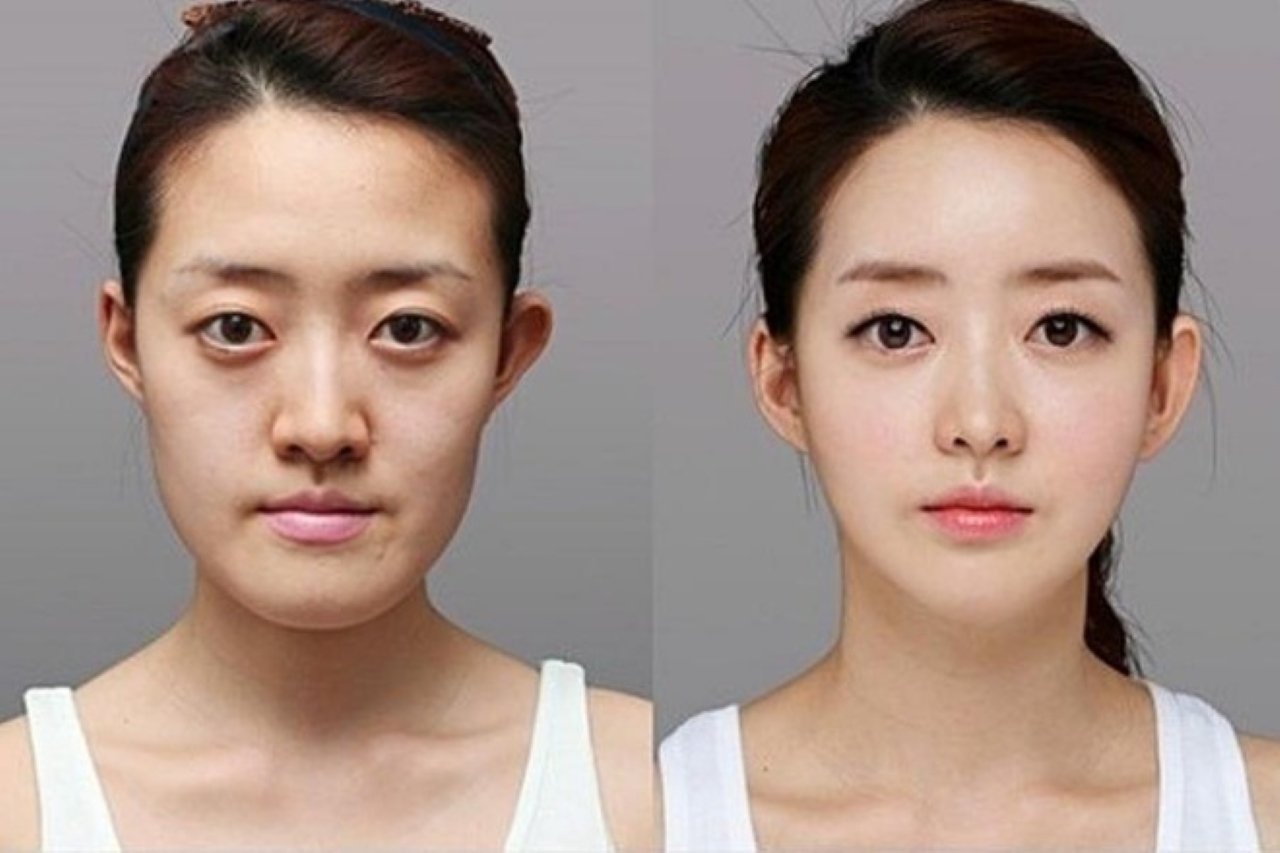Many plastic surgeons lack an understanding of physiognomy, and their perception of what constitutes “beauty” and “good fortune” in facial features may not align. As a result, they often focus on enhancing individual features to achieve a “beautiful” appearance, neglecting the concept of “good fortune” or auspiciousness.
The desire for physical attractiveness is universal and understandable, but it’s important to approach plastic surgery with caution. Many individuals undergo procedures to emulate their idols or celebrities, without considering the unique genetic makeup that influences their bone structure and inherent blessings or challenges.

Your facial features are a reflection of your genetic blueprint, and altering them significantly to resemble someone else can disrupt your inherent energy and life path. Plastic surgery can be a risky endeavor, as evidenced by the numerous cases where individuals end up with undesirable outcomes, sometimes even ruining their natural beauty.
The financial cost of plastic surgery can be substantial, but the emotional and physical consequences can be far more devastating. Many individuals who undergo plastic surgery end up regretting their decision, feeling that their lives have taken a turn for the worse. Their fate seems to change abruptly, and not always for the better.
While some may achieve their desired physical appearance, their life path may still veer off course. For example, a woman who undergoes rhinoplasty to enhance her nose may find that her marriage crumbles, and her health deteriorates. In physiognomy, the nose is associated with marital harmony and health, so altering it can inadvertently impact these aspects of life.
A flat nose is often associated with a旺夫 (“helper of husband’s success”) in traditional Chinese physiognomy. By surgically enhancing the nose, a woman may inadvertently reduce her husband’s fortune. Similarly, a woman with a strong, prominent chin may be altering a feature that signifies wealth and prosperity, only to find that her financial situation takes a turn for the worse.
Life is about balance, and when you seek to enhance one aspect, you may unintentionally affect another. You may gain “beauty,” but it could come at the cost of “fortune.” This is the delicate interplay of yin and yang—a concept deeply rooted in Chinese philosophy.
Some young women aspire for a sharp, pointed chin, often referred to as a “drill face.” This preference may stem from a misguided notion of beauty, as a sharp chin often conveys a sense of hardship and is generally less appealing to men.
If you have a broad chin, resist the urge to surgically reshape it to a point. Doing so could transform your fortunate and prosperous features into ones that suggest hardship and poverty.
In physiognomy, a full and rounded forehead (天 庭—Heavenly Court) and a square, robust chin (地 阁—Earthly Pavilion) are considered auspicious. The chin, in particular, is associated with old age, and a strong chin signifies a blessed and secure life in later years. By grinding it down to a point, you may be foretelling a future of hardship and misfortune.
Wealthy or socially prominent women, and those with prosperous husbands, often have robust and broad chins. A pointed chin, on the other hand, is associated with meanness and cunning, and those with such features rarely meet a good end.
In the study of physiognomy, a sharp chin is considered a “flower-digging” face, indicating a turbulent marital life and a tendency to bring misfortune to one’s husband. It is regarded as one of the least desirable facial features for women.
By altering your naturally fortunate features, you risk transforming them into inauspicious ones. What you perceive as beautiful today may change as you mature and your perspective evolves. Reversing these procedures can be challenging, so it’s essential to make informed and thoughtful decisions, free from impulsive influences.
The information in this article is for reference only and should not be solely relied on.
































